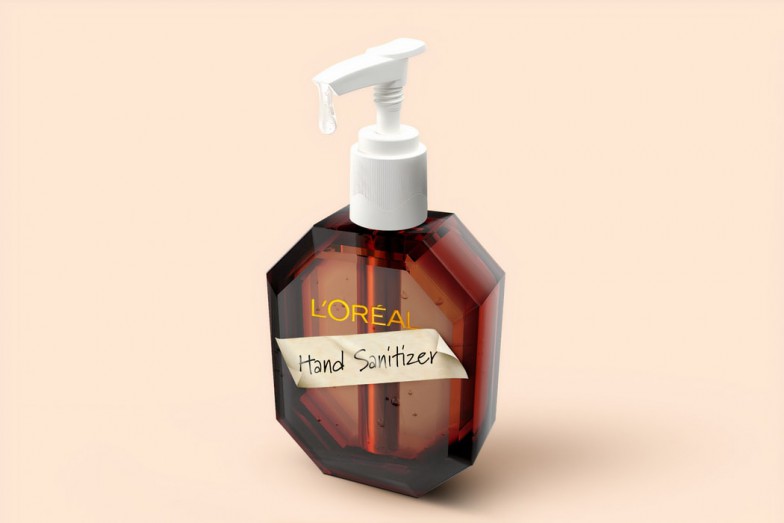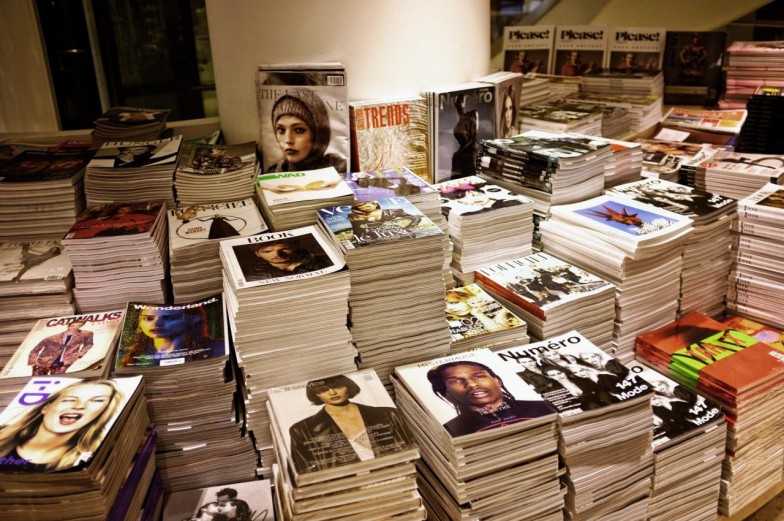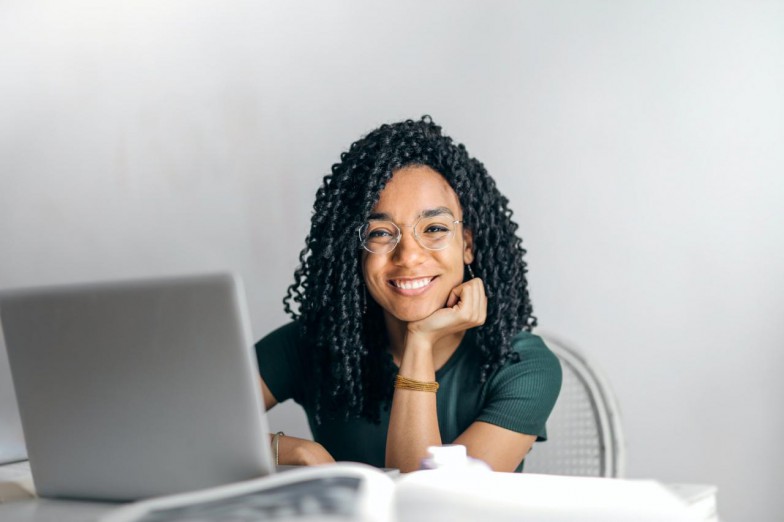
Six ways 2020 has shaped the beauty industry for the better
In a turbulent year, it’s important to remember that there were many silver linings too.
While the pandemic proved difficult for the beauty industry, 2022 instilled important lessons.
The beauty industry was majorly impacted by stay-at-home orders, but during an intense time, brands and individuals were afforded the opportunity to pivot and transform their companies.
Here are the important lessons that the beauty industry stood up and paid attention to.
Adapt
During the most intense and fraught periods of the year, both large scale and fledgling beauty brands turned their attention to producing hand sanitizer when it was majorly in need. It was proof that no matter how uncertain the climate can get, there is always a way to pivot a business: and in this case, the world was incredibly grateful for these brands.

Accountability
The global civil rights protests ignited conversations about race that many had previously shied away from. LIke all responsible companies, beauty brands were forced to look inward, assess what their workplace culture is like for BIPOC, examine how diverse their leadership boards are, and evaluate whether their campaigns and outward communications are inclusive enough. These reflections and revelations have irrevocably changed the beauty industry for the better.
Initiatives
Following on from the above point, many initiatives and projects have come to the fore to ensure that these changes are not reversed. Take, for example, fashion designer Aurora James’ 15 Percent Pledge. The project calls on companies to dedicate at least 15 percent of their shelf space to black-owned brands. Sephora was one of the first major retailers to sign up to the initiative, promising to highlight and empower these brands.
Grants
To support black-owned beauty brands, many established companies offered grants and mentorship programs to help them gain traction in the industry. Glossier was one of the first to do so, announcing a $500,000 scheme to help the next generation of beauty leaders. The company quickly received over 10,000 applications from business owners around the U.S. Ultimately, 15 were selected. You can read more about their brands here.
Media
Just like consumer brands, the media was forced to do better this year. Decades-old print magazines and newly-established digital publications alike had to assess the work they are doing to promote diverse voices and creatives. Many, including Vogue, signed up to the aforementioned 15 Percent Pledge in a bid to highlight more black-owned businesses too. Almost all the new editors in chief to be announced this year (at Harper’s Bazaar, Refinery29, Elle Decor, Architectural Digest) are BIPOC.

On-demand Beauty
The challenges to the traditional beauty industry have further boosted the interest in on-demand beauty. During lockdown, as salons were forced to close, MOBILESTYLES became a financial lifeline for independent contractors and ensured that people could still receive safe, relaxing self-care treatments at home. MOBILESTYLES will soon release a new update to the app, which is sure to further empower PROs to successfully operate their own business. The update will integrate the ability to market their services, without the need to create a website, and run promotions and offers.







